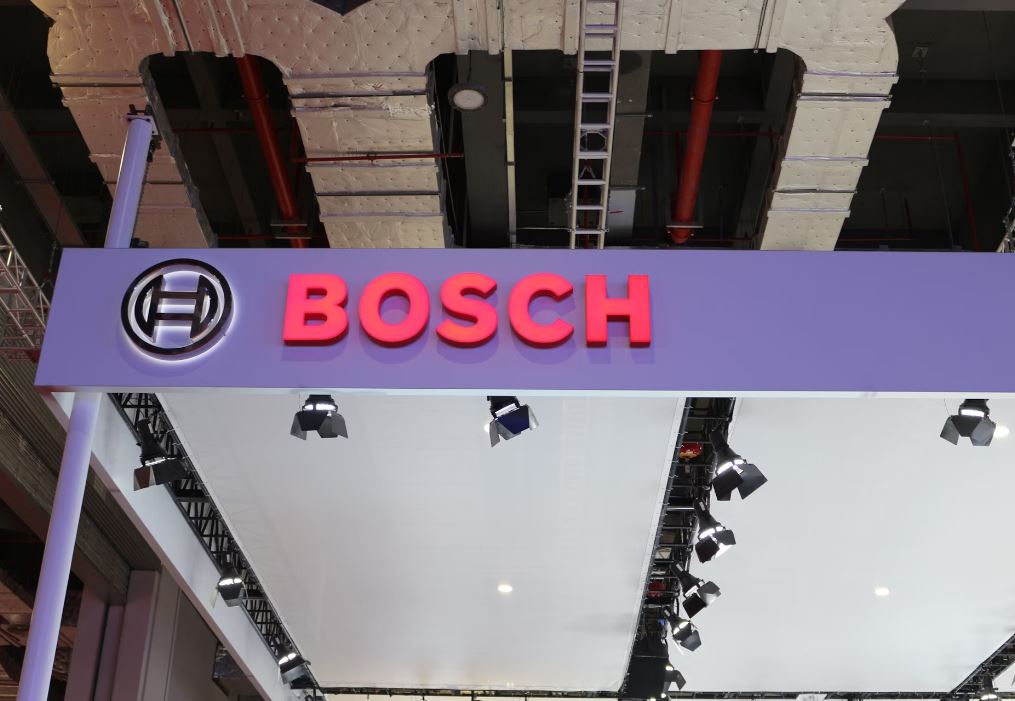Bosch is making significant strides in the hydrogen sector, focusing on integrating hydrogen solutions across various industries.
Daniel Korioth, President of Bosch Turkey and the Middle East, highlighted the company’s vision and investments in hydrogen technology, emphasizing its role in achieving a climate-neutral world.
Bosch’s approach to hydrogen is broad, targeting production, compression, storage, and usage. Korioth mentioned that Bosch plans to invest around 500 million euros in hydrogen technologies this year. This investment is substantial, but when compared to other industry giants, Bosch’s commitment seems aligned with global trends. For instance, Shell and Siemens Energy are also heavily investing in similar technologies, underlining a shared recognition of hydrogen’s potential.
Korioth highlighted the advantages of fuel cells, particularly for heavy loads and long distances. Fuel cells indeed offer long range and short refueling times, making them suitable for heavy-duty transportation. However, the technology is not without challenges. Issues such as hydrogen production cost, fuel cell longevity, and infrastructure development remain significant hurdles. Bosch’s focus on green hydrogen, which produces zero local emissions when used, aligns with the industry’s shift towards sustainable energy sources. This is crucial as the sector moves towards reducing carbon footprints, yet the scalability and economic feasibility of green hydrogen production are ongoing concerns.
Bosch’s involvement in hydrogen production, particularly through electrolysis, is noteworthy. Korioth mentioned that global hydrogen electrolysis capacity is expected to reach 170 gigawatts by 2030, a significant increase from current levels. This ambitious projection mirrors industry forecasts, indicating rapid growth in the hydrogen sector. However, achieving such targets will require overcoming technical and economic barriers. Bosch’s experience in diesel and gasoline injection technologies could provide a competitive edge, leveraging their existing expertise to innovate in hydrogen production.
Bosch’s plans to produce hydrogen injectors for commercial vehicles in Bursa, Turkey, by 2026 is a strategic move. The development of a direct injector prototype for hydrogen engines reflects Bosch’s commitment to advancing hydrogen technology. Turkey’s National Hydrogen Technologies Strategy and Roadmap, introduced in January 2023, provides a supportive framework for such initiatives. However, Turkey must enhance its hydrogen infrastructure and regulatory environment to become not just “hydrogen ready” but “hydrogen competitive.” Bosch’s involvement could catalyze progress, but success will depend on collaborative efforts across the industry and government.
Bosch’s collaboration with original equipment manufacturers (OEMs) in Turkey for hydrogen engine projects is a positive step. By providing design and engineering support, Bosch can help drive innovation and adoption of hydrogen technologies. This collaborative approach is essential for overcoming the technical challenges associated with hydrogen engines and ensuring their practical application in various industries.
